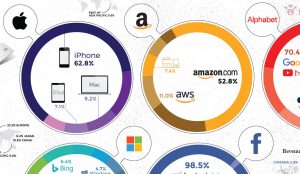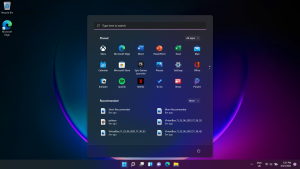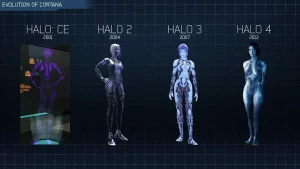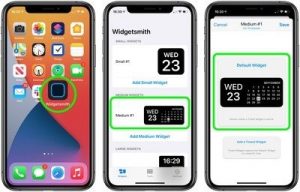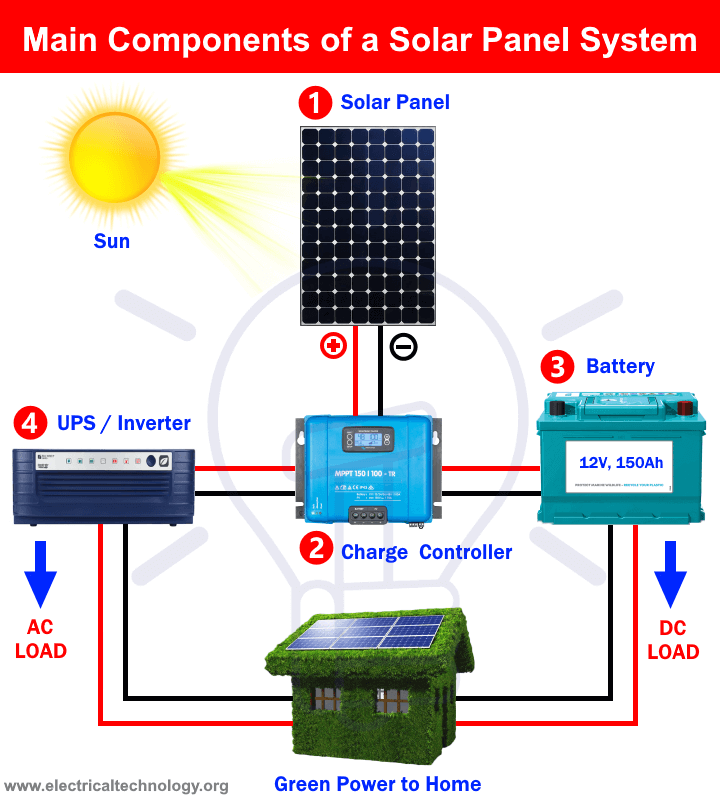
Article Overview
- What Is a Solar Cell and How Does It Work?
- What Is a Solar Panel and How Does It Work?
- What Is a Solar System and How Does It Work?
- Solar Cell vs. Solar Panel: What’s the Difference?
Many people confuse solar cell with solar panel because they appear to be similar terminology. However, they are not interchangeable and should not be used interchangeably. We’ll look at the differences between solar cells and solar panels in this article. To do so, we must first comprehend what a solar cell and solar panel are and how they function. To learn more, check out Linquip’s new blog.
What Is a Solar Cell, Exactly?
When exposed to photons or particles of light, a photovoltaic (PV) cell, also known as a solar cell, generates energy.
Polycrystalline and monocrystalline materials are used to create solar cells. Typically, they are made up of multiple layers with two semiconductors in the core. The bottom semiconductor is the positive layer because it lacks electrons. The top semiconductor, on the other hand, has more electrons than the bottom semiconductor, giving it a negative charge.
When sunlight strikes the top semiconductor, the free electrons are discharged to the bottom positive layer. Because semiconductors push electrons to move around cells, a barrier will form between the negative and positive plates. As the unbound electrons force their way to the bottom semiconductors, an electric current is formed.
The produced current will subsequently be transmitted into the electric load by the conductors. When the electrons re-enter the cell, the process is repeated. It’s a simple procedure that guarantees you have enough electricity to meet your needs always.
What Is a Solar Panel and How Does It Work?
A solar panel, also known as a photovoltaic (PV) module, is an installation of photovoltaic cells arranged in a framework. Solar panels have several solar cells connected in a series of parallel circuits to form a solar module, because individual solar cells produce finite amounts of energy. Solar modules protect solar cells and wires from the elements by enclosing them in a protective container. After that, the modules are linked together to form a solar panel.
The energy from the individual modules of solar cells is amplified, protected, and directed by the solar panel. Depending on the coverage needed, a solar panel can be made up of a single module or numerous modules.Although 60 and 72 cells in a single panel are popular, the amount of cells in your panel will depend on the precise brand and size you choose.
What Is a Solar System and How Does It Work?
Solar cells and solar panels working together to generate electricity for your home or company. The solar cells are enclosed within the solar panels, with each component serving a unique purpose within the overall solar system or photovoltaic system. The entire solar energy system generates electricity quietly and effectively.
Individual solar cells are organized in a grid to allow sunlight to be captured and converted into electricity.The electrical output of each solar cell is routed to an inverter, which transforms the DC (direct current) to AC (alternating current), which is the current used in your home or company, after captured by the solar panels. The electricity is then delivered to your home or company via a meter.
Solar Cell vs. Solar Panel: What’s the Difference?
As previously said, photovoltaic cells and panels are both essential and intertwined components of any solar PV system. Solar panels are made up mostly of photovoltaic cells, while solar panels are an important component of a solar system. While a single solar cell may convert sunlight directly into electricity, a panel is required to combine and distribute the energy output of many cells to your inverter and home.
Bottom line
So that’s all there is to know about the distinction between a solar cell and a solar panel. Let us know what you think now that you know what sets them apart by leaving a comment in the section below. We’d be delighted to hear your thoughts on the story.
Is there anything else we can assist you with? Please feel free to register on the website, where our professionals will be happy to offer you professional guidance.
